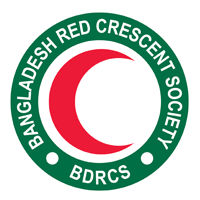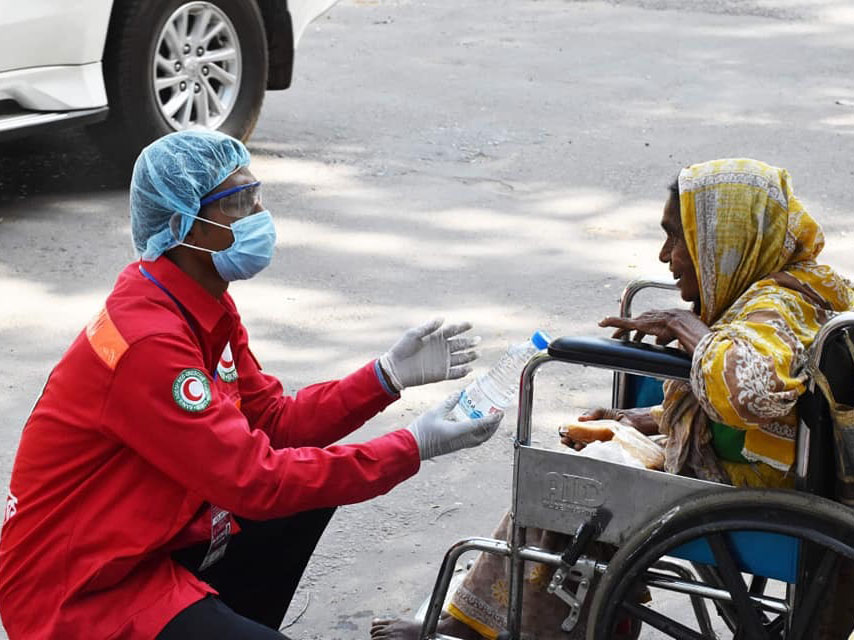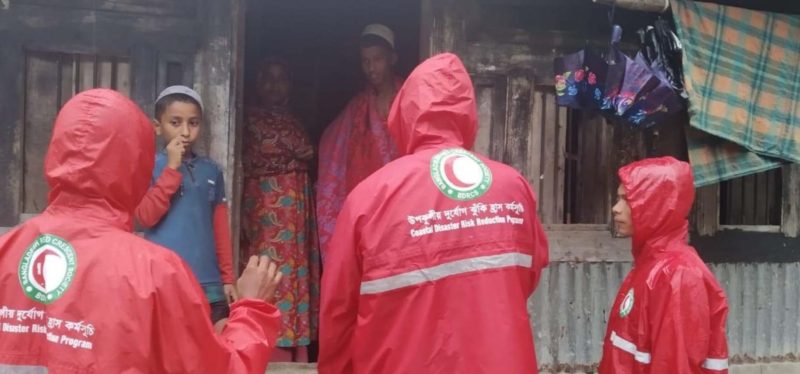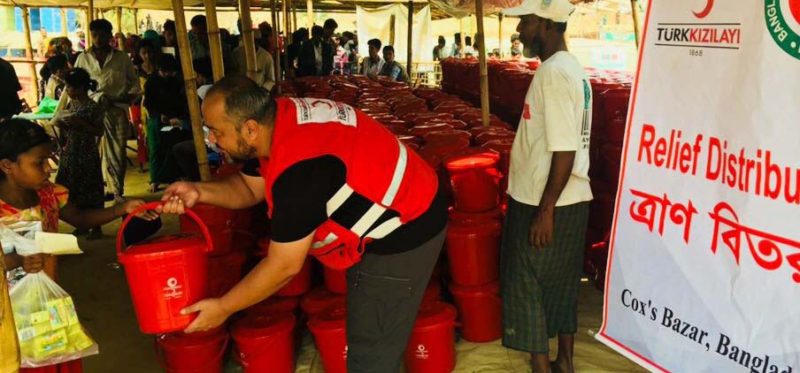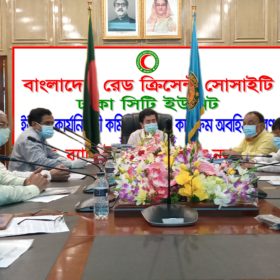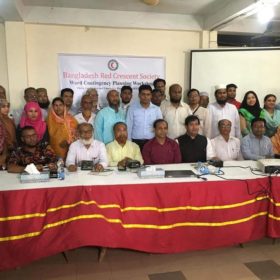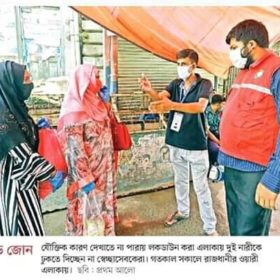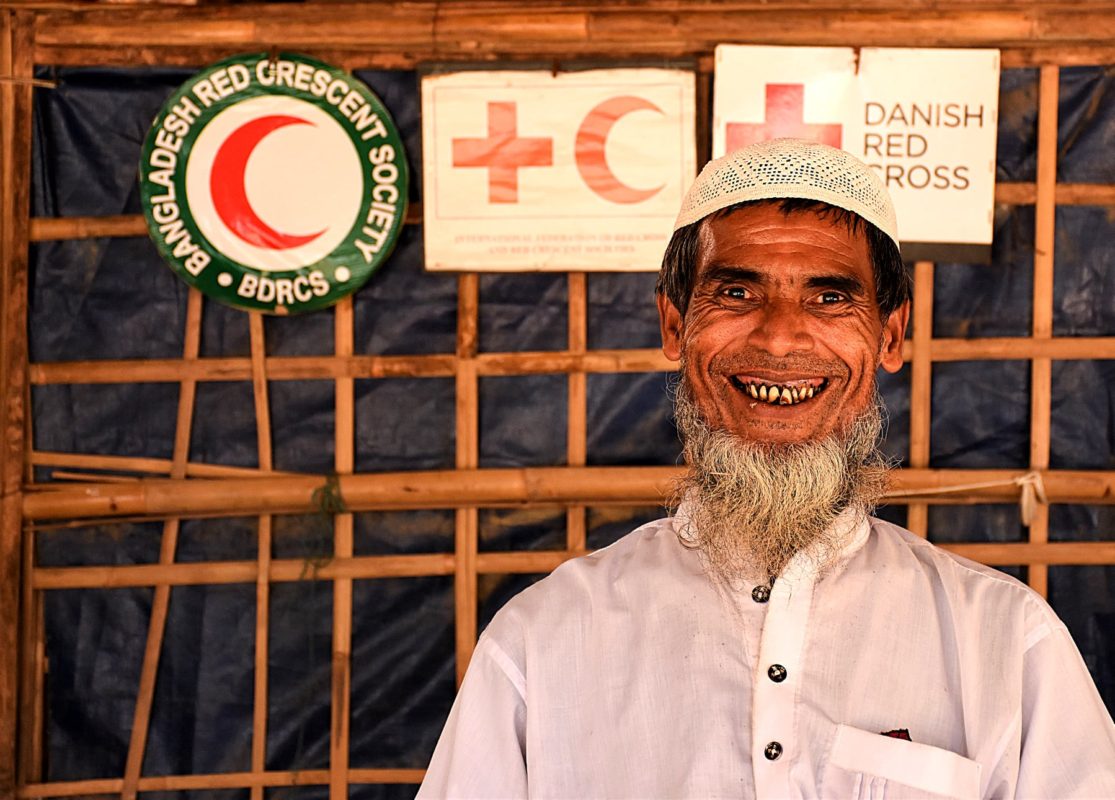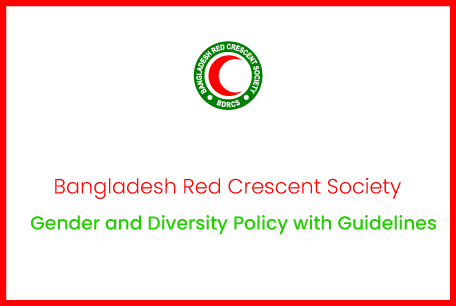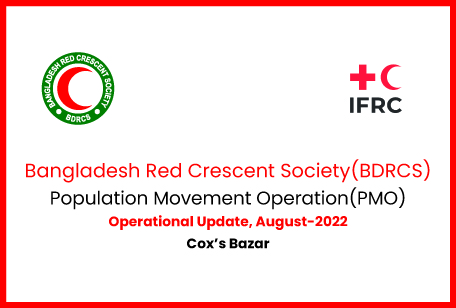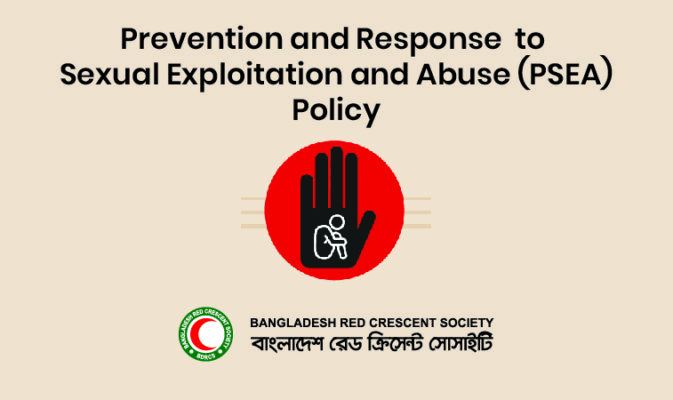BOCA Initiative
BDRCS set many good examples in the past few years which have drawn attention by many stakeholders and National Societies in Asia Pacific Region. Branch Organizational Capacity Assessment (BOCA) and subsequent branch development innovation is one of those achievements. Actually BOCA is a self – assessment tool developed for branch development innovation is one of those achievements. Actually BOCA is a self – assessment tool developed for branches of NSs to identify and assess their strengths and weaknesses in relation to a wide range of organizational capacities which then lead to strengthening relevant, focused and sustainable local services which can be scaled up to a national level.
The BDRCS is one of one of the NSs that was an “early adapter and champion” of the BOCA process at the initial stage and has conducted this exercise in 60 out of 68 branches. Hundreds of branches of NSs of AP region have adopted and conducted this BOCA process as a part of their branch development initiatives. With so much interest from NSs on BOCA, we believe that by creating a BOCAC Lab Hub, this initiative will not only be sustained but will also lead to activities in multiple directions, all leading towards strengthening branch capacity with clearly measurable humanitarian impact in particular and to National Society development in general. On top of these, there is willingness of senior governance and management leadership to undertake BOCA process as an important part of Branch Development Framework and NS priority for branch development. This context has selected the BDRCS as the hub for the BOCA in Asia pacific. The BOCAC Lab Hub will be the BOCA hub for support, generate and pilot ideas, test, and nurture and apply ideas generated through BOCA implementation. The BOCA Lab Hub organizational structure is being made to ensure good coordination and communications internally (BDRCS), in country (with IFRC and partners) and with the wider IFRC offices (e.g. country cluster support Teams or CCSTs, and country offices or COs) and other National Societies.
